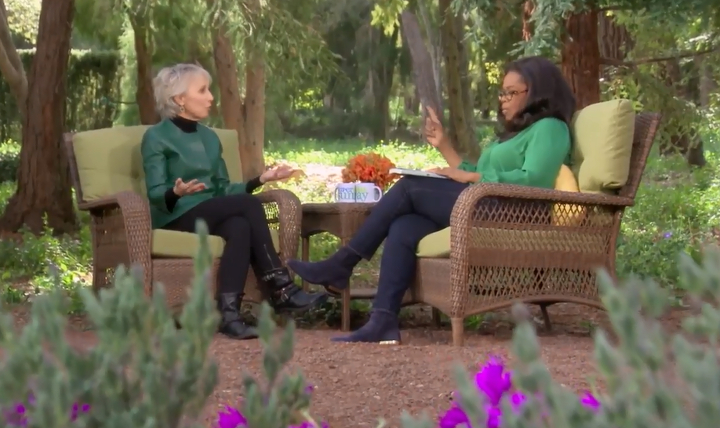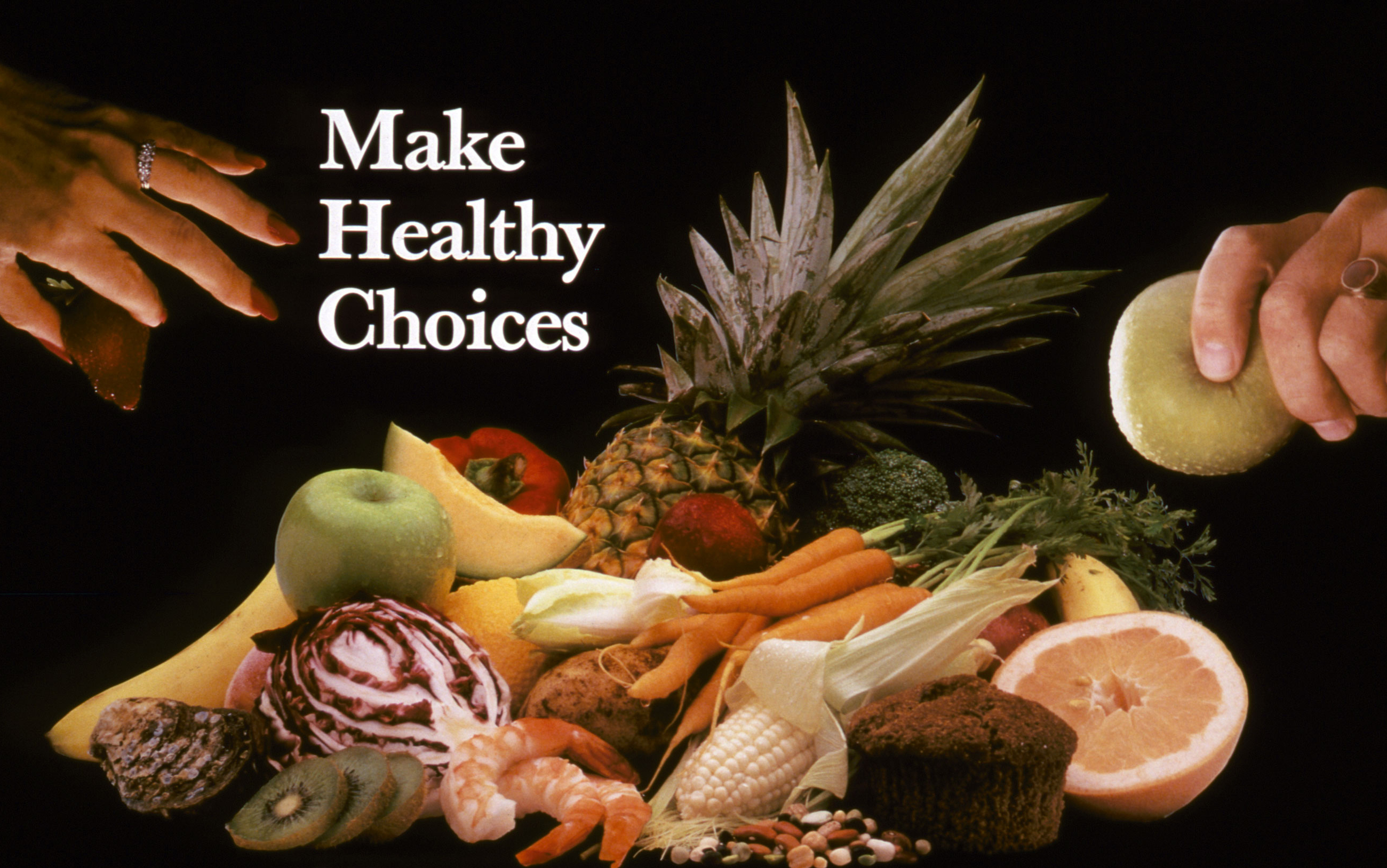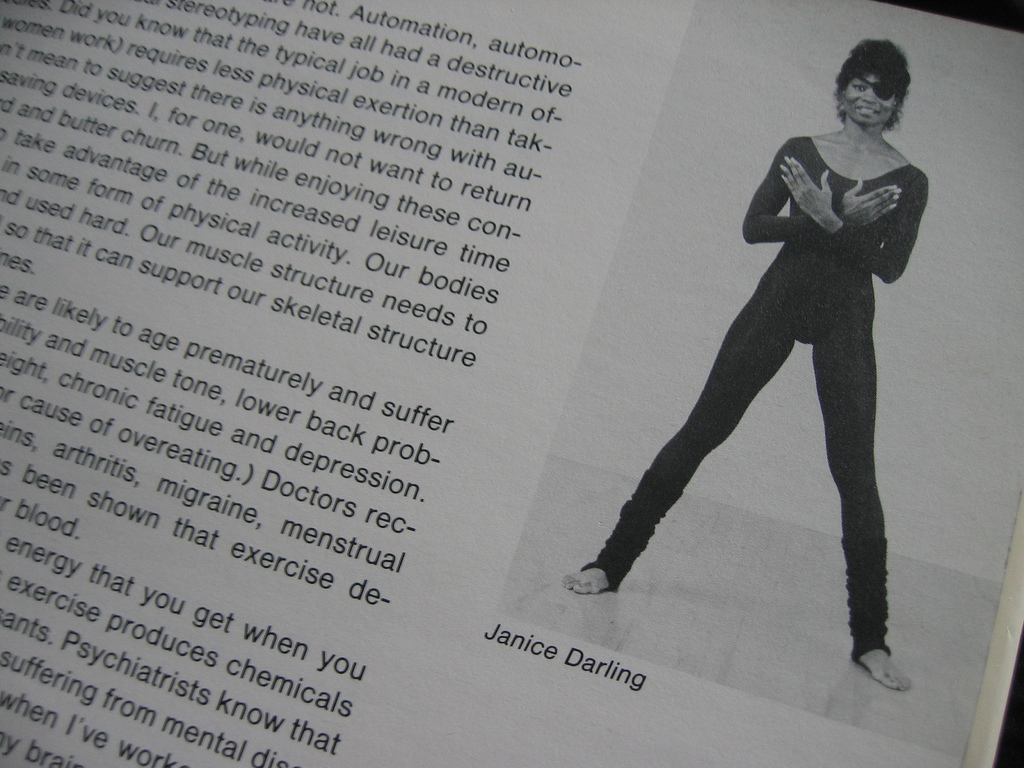Navigating Bootcamp and Beers — An Urban Wellness Economy

Vincent makes sure his voice carries far enough for me to understand that I need to push through thirty seconds longer, even with all the background noise. In fact, I am hardly aware of my environment. Or was, until I identified a moving object in the corner of my eye. When I strain my head to look left, I see a toddler watching me with a strange expression on his face. I am focused on the burning sensation in my abdominal area and my mind telling me that I should just give up. But Vincent’s reference to time gives me a new surge of willpower and I manage to uphold my body in plank position, supporting my rigid body on…



